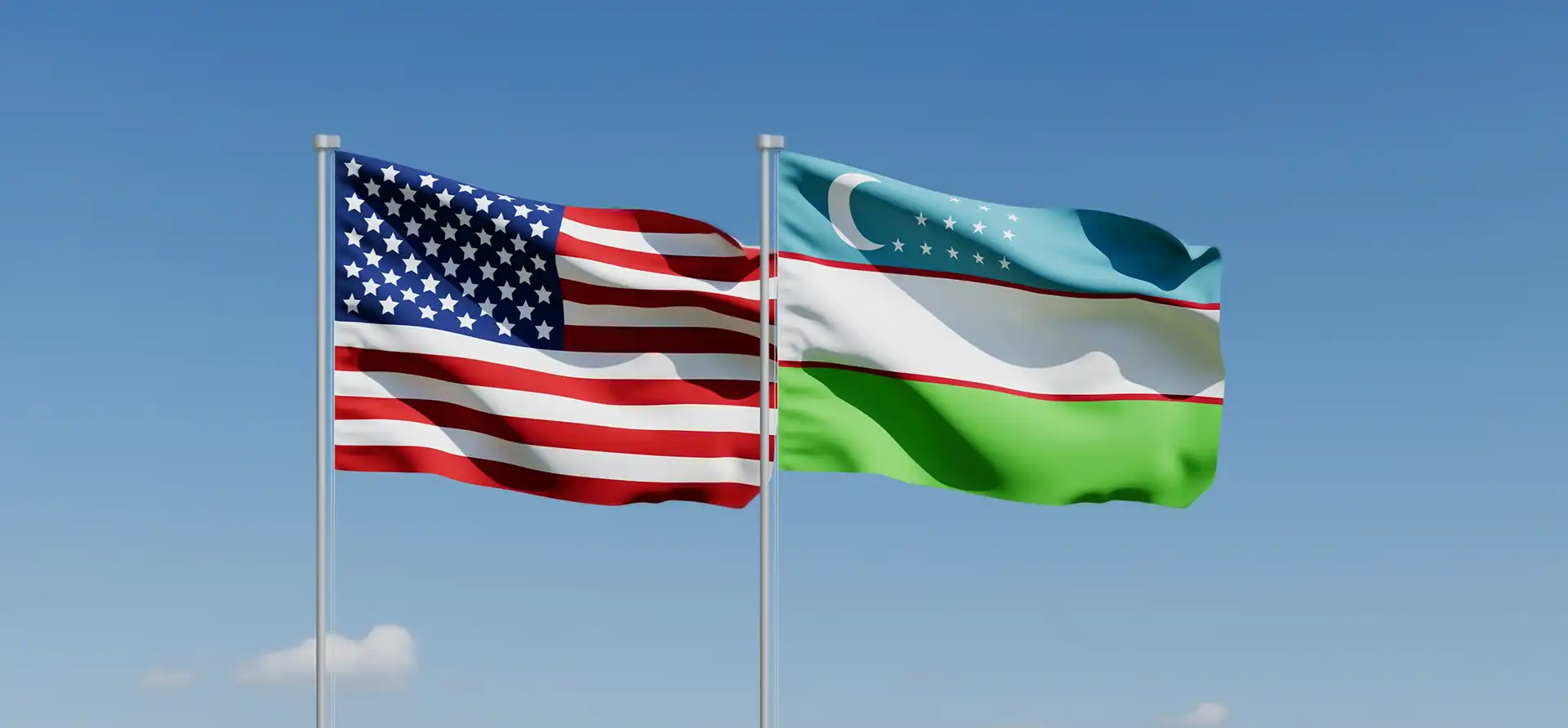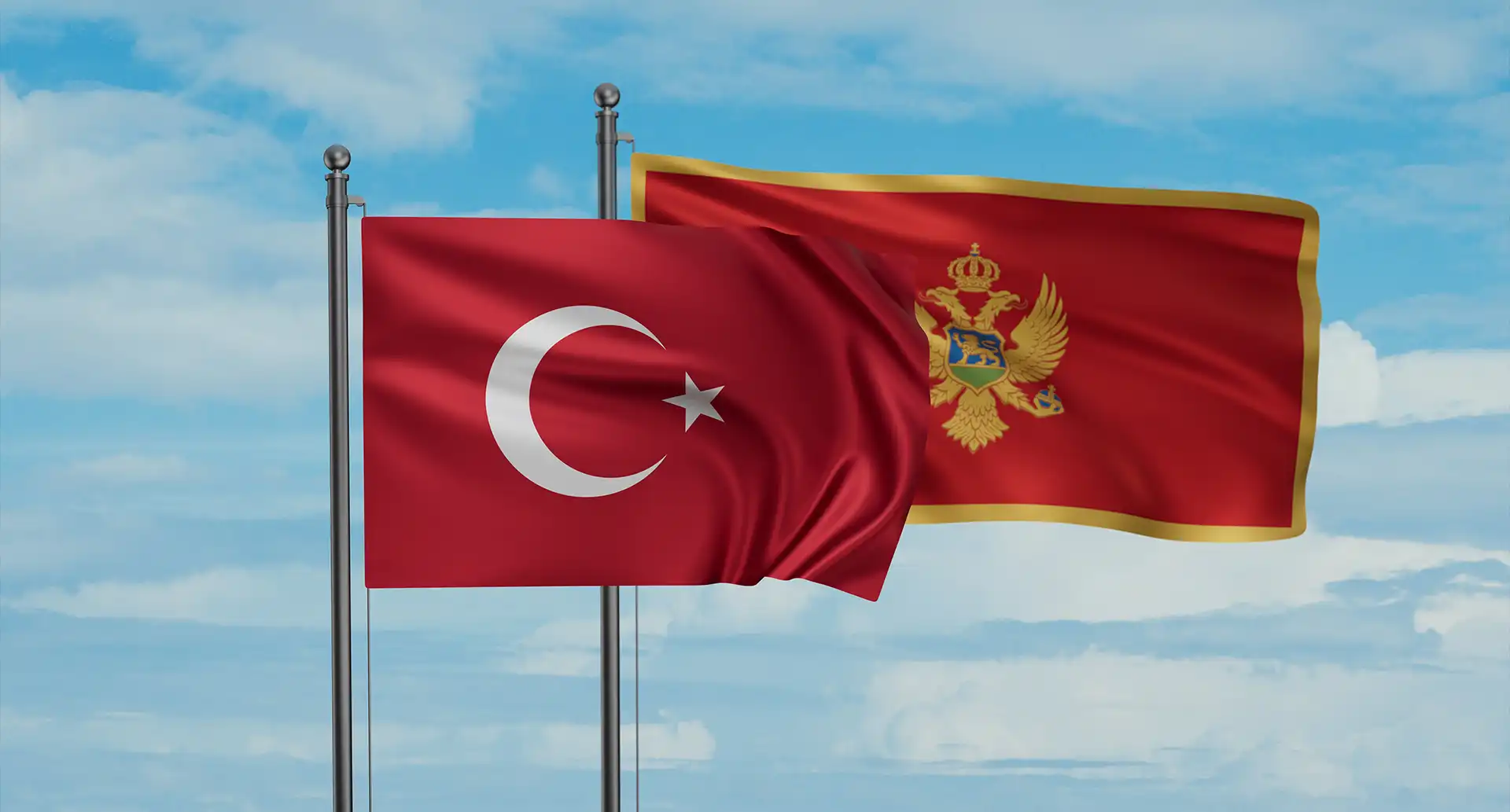

Iraq
Iraq passport ranking
The Iraqi passport is currently ranked 99th place on the Guide Passport Index. It is considered the second lowest ranking passport in the world. Iraqi passport holders have visa-free access to only 28 destinations including Sri Lanka, Dominica, Madagascar and Seychelles. There are 201 destinations for which an Iraqi passport holder requires to obtain a visa prior to traveling. That is the reason why the passport raking is very low on the overall worldwide mobility score. For major destinations such as the USA and the European Union, Iraqis require to apply for a visa in advance. Visa applicants need to present documents such as proof of funds and return flight ticket.
Iraq Passport Ranking
The Iraq passport ranking relative to other global passports is calculated by adding up the number of countries that allow Iraq passport holders to enter without a visa (i.e. visa-free countries) and those that allow Iraq passport holders to enter by obtaining a visa on arrival (i.e. visa-on-arrival countries) or an electronic travel authorization (eTA). There are currently a total of 8 Iraq passport visa-free countries, 18 Iraq visa-on-arrival countries, and 2 eTA destinations.
Altogether, Iraq passport holders can enter a total of 28 destinations—either without a visa, through a visa on arrival, or via an eTA. As a result, the Iraq passport ranks 99 in the world.
Separate from these Iraq visa-free countries and visa-on-arrival countries, there are 201 additional destinations which Iraq passport holders either need a physical visa to enter or an eVisa (i.e. visa required countries).
About Iraq
The Republic of Iraq is made of 19 governorates. It is located in the Middle East and borders Kuwait, Saudi Arabia, Jordan, Syria, Turkey and Iran. The most significant provinces are Baghdad, Nineveh and Basra. The country has a total surface area of 438,317 square kilometers. Its terrain varies from broad plains, to marshes and mountains. Its climate is mostly of the desert type with cold winters and snow in the mountains.
The overall population is 42 million people. The capital of the country is Baghdad. It is also the most populous city with more than 9 million inhabitants. The largest airport is Baghdad International Airport (BGW) with an approximate yearly passenger traffic of 3.7 million people. The airport connects Iraq to regional middle eastern destinations as well as selected European airports.
Iraqi culture is dominated by Islam with 98% of the population being Muslim. The official languages are Arabic and Kurdish. The legal system is a mix of civil and Islamic sharia law. The government form is a federal parliamentary republic. The current chief of state is the elected President Abdul Latif Rashid and the head of government is Prime Minister Mohammed Shia’ Al Sudani. Elections are held every 4 years.
The official currency is the Iraqi Dinar. Its current exchange rate is about 1,31 Dinar to the USD. Iraq’s gross domestic product is approximately $733 billion, and the per capita income is $13,817. Revenues from the oil sector contribute the largest share to Iraq’s gross domestic product, followed by the services and industry sectors. The most important products that Iraq exports include chemicals, textiles, wheat, barley, and rice.
The Republic of Iraq has many natural and culturally unique attractions for tourists to explore. The country has a total of 6 UNESCO world heritage sites. A major part of Iraqi tourism is religious tourism. The main touristic destinations are Erbil, Ur, Basra, Hatra, and Babylon. The capital Baghdad also offers a variety of museums and exhibitions showcasing the history and natural beauty of the country.










































